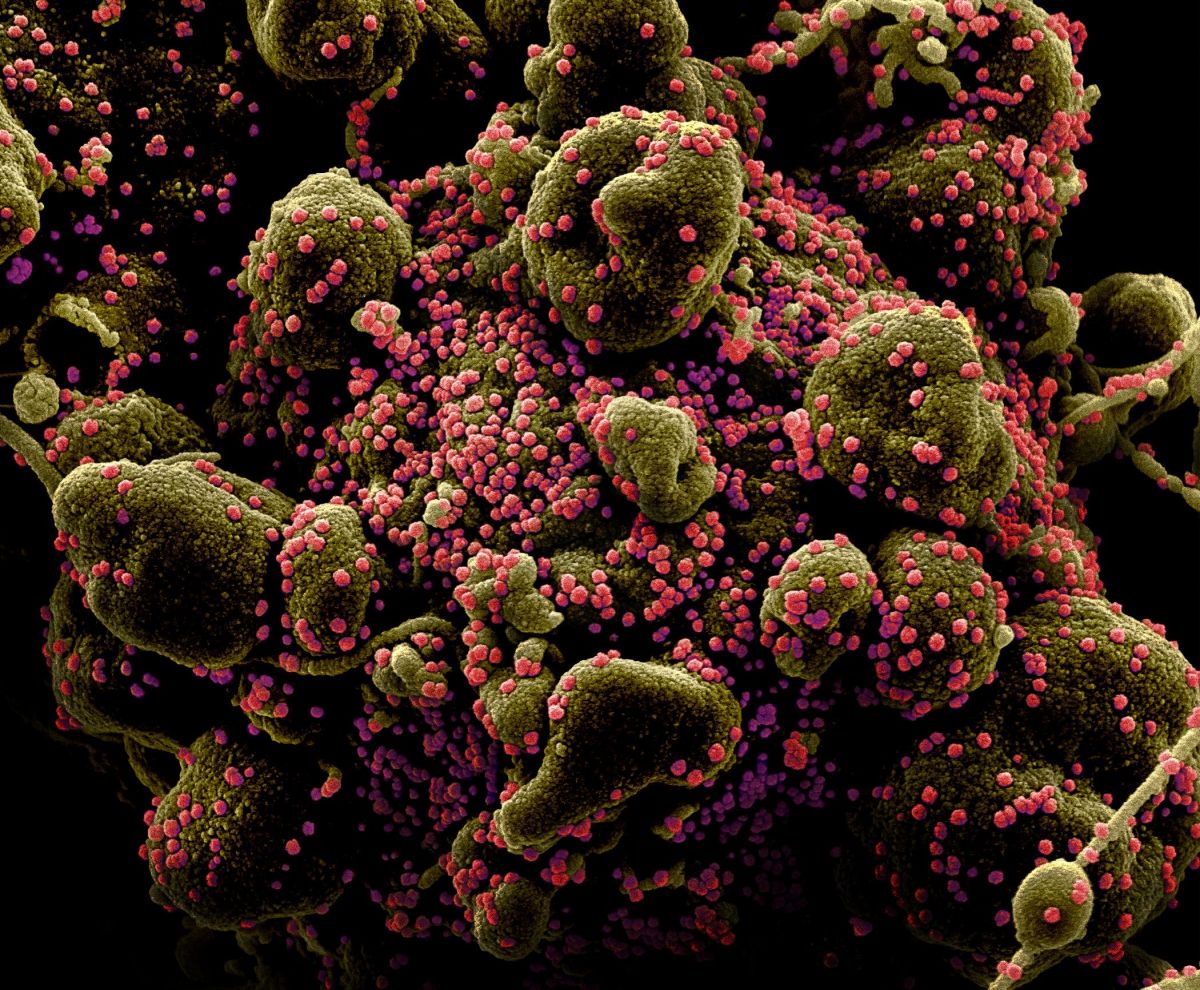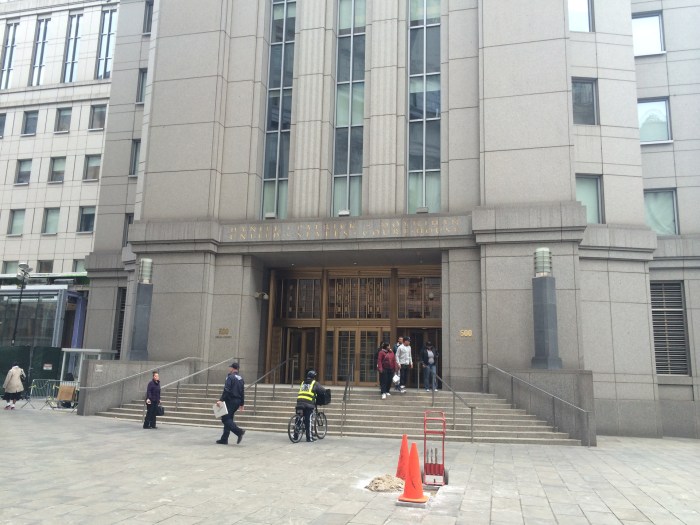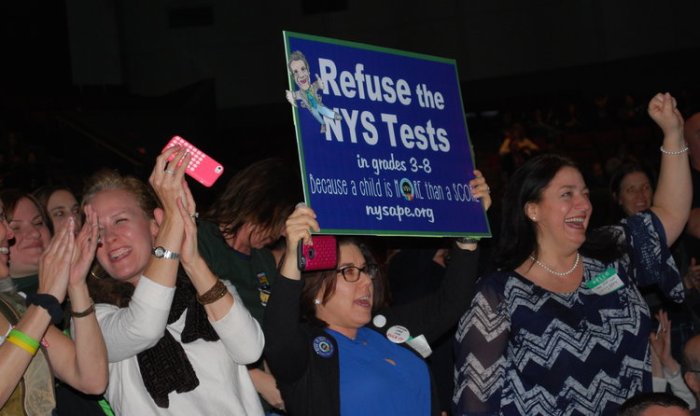The UK and South African strains of the coronavirus have been confirmed on Long Island, but New York State and local health officials are refusing to specify where beyond which county — a lack of disclosure that some find troubling.
Nassau and Suffolk county health departments have for years publicly disclosed the town of residence for patients diagnosed with novel infectious diseases — oftentimes West Nile Virus cases — but despite repeated requests to apply the same policy to the new Covid-19 strains, agency representatives refuse to disclose such information.
“We cannot release further details due to patient privacy,” Jill Montag, a spokesperson for the state Department of Health told the Press. “In instances where the number of cases is small, patient confidentiality prohibits the Department from disclosing this information.”
There were 154 confirmed cases of the UK strain statewide, including 11 in Nassau and 12 in Suffolk, as of Feb. 23, the last date the state released data on the variant. There was also a second South African variant identified in Nassau that day.
“We are referring questions about more specific hometowns within Suffolk to the state,” Grace Kelly-McGovern, public relations director for the Suffolk County Department of Health Services, told the Press when asked for the towns of the 12 patients in that county.
MaryEllen Laurain, spokesperson for Nassau’s health department, echoed the sentiment.
“New York State and Nassau County Departments of Health have not released that information,” Laurain said.
By citing patient privacy, the state is effectively invoking the federal Health Insurance Portability and Accountability Act of 1996 (HIPAA), which is meant to keep medical information from being shared without consent. But critics say HIPAA doesn’t apply if the patient’s identity isn’t disclosed.
“HIPAA only applies to personal information, not general data,” said Dr. David Belk, an internist from California. “For example, publicly saying that Ms. Smith got Covid without Ms. Smith’s permission is a HIPAA violation. Providing public data showing 20,000 people in Smith County is not a HIPAA violation. As long as the medical information provided cannot be traced back to any particular person, making it public is not a HIPAA violation.”
Good government advocates also cried foul.
“I don’t see a HIPAA issue with releasing Covid numbers by town and agree that such information should be provided,” said Paul Wolf, president of the New York Coalition For Open Government.
“All should know where these cases are located,” said another critic. “What info they won’t tell the people will be to the detriment of neighbors.”
The lack of disclosure comes after Gov. Andrew Cuomo has been increasingly under fire for failing to release the pandemic’s death toll in nursing homes statewide; a judge recently ordered the administration to turn over the data to advocates who filed a public records request for the information. The governor has since been embroiled in accusations of sexually harassing at least eight women, including current and former staffers. His office did not respond to multiple requests for comment on why it’s refusing to release the town information for the emerging strains.
The coronavirus variant first identified in the UK, known as B.1.1.7, is deadlier than other variants circulating there, a new study appears to confirm. Reuters reports that rsearchers analyzed data on 184,786 people in England diagnosed with Covid-19 between mid-November and mid-January, including 867 who died. For every three people who died within four weeks after being infected with another variant, roughly five died after becoming infected with B.1.1.7, according to a paper posted on medRxiv ahead of peer review.
Overall, the risk of death with B.1.1.7 was 67 percent higher than the risk with other variants in England, the authors said. As with earlier variants, patients’ risk of death increased with age, male gender, and pre-existing medical conditions. B.1.1.7 is now prevalent across Europe and predicted to become prevalent in the United States.
“Crucially,” the researchers wrote, “emerging data suggest that the currently approved vaccines for SARS-CoV-2 are effective against the B.1.1.7.
Part of the reason the agencies refuse to release which town the patients with the emerging strains live in is that they may be everywhere.
Kelly-McGovern said, “We believe that the UK strain is circulating throughout Suffolk County.”
-With Reuters
For more coronavirus coverage, visit longislandpress.com/coronavirus.

































